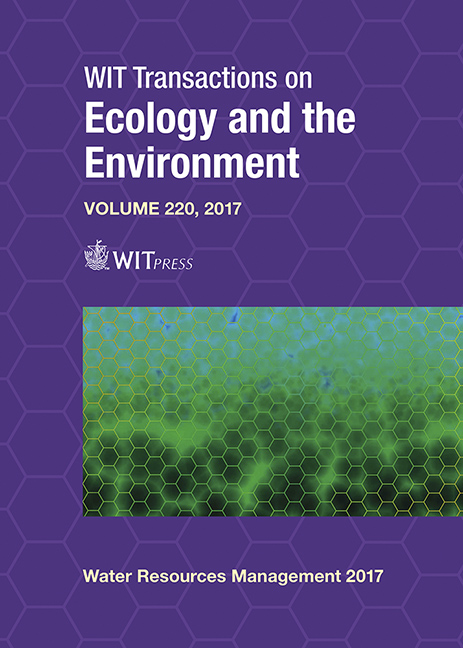WILLINGNESS TO ADOPT TECHNOLOGIES OF PRECISION AGRICULTURE: A CASE STUDY OF THE CZECH REPUBLIC
Price
Free (open access)
Transaction
Volume
220
Pages
9
Page Range
109 - 117
Published
2017
Size
228 kb
Paper DOI
10.2495/WRM170111
Copyright
WIT Press
Author(s)
DRAHOMÍRA KUŠOVÁ, JAN TĚŠITEL, ZUZANA BOUKALOVÁ
Abstract
The idea of precision agriculture is to optimize production inputs (fertilizers, irrigation water, etc.) when trying to achieve desired harvest. More targeted use of inputs is expected to benefit for the environment, including quality of underground water. It can be said to contribute to reconciling a situation frequently occurring in watershed, where the need to sustain high quality of water resources has to be balanced with other interests related to land-use. Technologies are available. Nevertheless, availability of technologies is a precondition necessary, but not sufficient. As in other cases, their practical implementation is influenced by many socio-economic and cultural factors, making any application site-specific. This paper builds on results of a sociological questionnaire survey conducted in selected rural areas of the Czech Republic. It tries to respond to the question to which extent factors such as tradition, overall economic situation, economic power of a farm and personality of a farmer can be considered predictors for willingness of a farmer to adopt precision agriculture technologies.
Keywords
precision agriculture, willingness to adopt, sociological survey, Czech Republic





